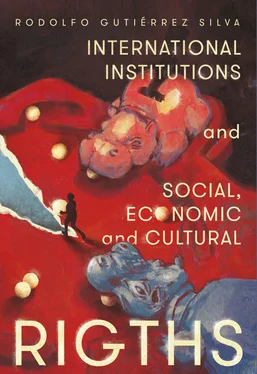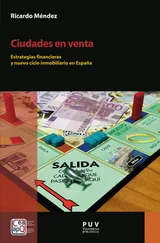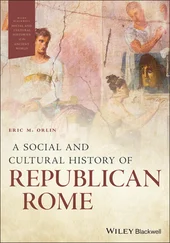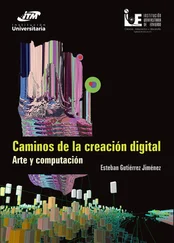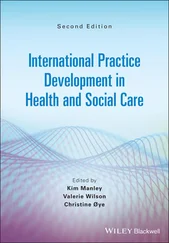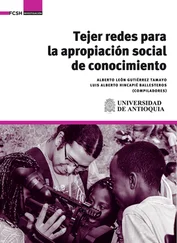3Some governments, like the current US Government, are promoting the reduction of the protection of social rights such as health. The objective is to eliminate the Obamacare programme set up to help more than 30 million of Americans that need some support.

INTRODUCTION
The acceleration of the globalization process following the end of the Second World War and the establishment of a neoliberal regime at the global level have consolidated a new world order characterized by a complex set of an array of international organizations, institutions, and mechanisms that have had some influence in many crucial areas of our lives. The contributions that those international institutions have made until now have delivered some results. For instance, due to a rise in the number of civil conflicts worldwide in the last 100 years, the number of refugees and internally displaced population has been quite high1, but, thanks to organizations such as the United Nations for Refugee Agency (unhcr)2, we have been able to avoid a big catastrophe with serious consequences by providing some humanitarian support and relief. Despite its limitations, especially economic constraints, this institution has been assisting refugees worldwide by supporting people from different countries characterized by civil conflicts such as Palestine, Syria, Afghanistan, Colombia, and Venezuela.
In the same line, Regional Banks, as well as the International Monetary Fund and the World Bank, have provided different interventions of development and infrastructure through loans and international assistance in order to seek stability and progress in the regions and countries. However, despite this, and since its inception, the work that these institutions have carried out had been questioned from different commentators in different political, economic, social, technological, and legal scenarios. The criticisms against the work of these international institutions are growing and might constitute, perhaps, an indicator that could suggest that structural reforms are urgently needed in the system. Indeed, not only plenty of time has passed since the birth of international institutions such as the United Nations (un) or the World Bank, but also, we must accept that we are living in a different world that is characterized by accelerating change which is generating a massive increase in knowledge that exists “out there” and which is triggering innovations and creating value worldwide.
We are accumulating this knowledge in the form of immediate and objectified experiences, capabilities, competencies, principles, and values, and it is crucially shaping our identity, our intentions, our interpretation processes, and initiatives. Intentionally or unintentionally, we are producing new knowledge that is being spread worldwide very fast, allowing people to have more choices and preferences in order to improve their lives. This knowledge has also allowed some institutions and organizations to improve their organizational and strategic processes in order to achieve more efficiency, utility, and reduce costs. However, despite this increase in knowledge different questions come to our mind. For instance, why international institutions continue to make the same mistakes? and why international Regional Banks, despite advocating the promotion of development through different projects, continue violating the human rights of the poorest? In addition to that, why the World Bank has not fully embraced, in their strategic and organizational processes, the principles of human rights, and instead, have continued promoting minimalist approaches3 in their interventions in order to generate exclusionary development and inequalities? Why the un through their different institutions and mechanisms has not been able to have a stronger role in the eradication of inequality4, and poverty5?
Indeed, it is well known that back in 1948, the intentions of the promoters of the Universal Declaration on Human Rights were the establishment of a new world with a new system of global institutions of governance. The intention was to promote a new framework with solid human rights principles and values where people were free from fear and necessity. The objective was to maintain peace among all countries and guarantee the non-repetition of the atrocities while, at the same time, imposing new obligations to States to respect, protect, and guarantee human rights. However, since its inception, the design of these new institutions was characterized by fragmentation6. For instance, instead of creating one single document for the protection of rights, a plethora of fragmented instruments were promoted and adopted. In this way, from the beginning, not only institutions and their mechanisms were fragmented but also human rights7. This fragmentation also reflects the divisions and political conflicts at that time, with some countries advocating for the protection of Civil and Political rights while others the protection of escr. This new fragmented discourse then entered into national legal jurisdictions in the new constitutions8 adopted by States after 1948. As a result of that, many of the new constitutions did not recognize escr as fundamental rights, rather promoted their protection in a progressive way subject to the availability of economic resources. Despite the last 50 years, we have witnessed several economic and political crisis that have generated high levels of inflation and unemployment in different parts of the world: Western countries (1973)9, Iran (197910), Irak (1980)11, usa (1987)12, Mexico (1994)13, Asia (1997)14, Russia (1998)15, Argentina (2001)16 and worldwide (2000, 2001, 2008)17, however, these fragmented institutions and mechanisms have not been able to lift people out of poverty and exclusion. The economic and political crisis has forced countries to redistribute their expenditures, and in this way, escr have been affected not only by such crisis but also by the neoliberal policies that have traditionally promoted measures of austerity and reduction of expenditure. In effect, despite Article 22 of the Declaration states that:
Everyone, as a member of society, has the right to social security and is entitled to realization through national effort and international co-operation and in accordance with the organization and resources of each state, of the economic, social and cultural rights indispensable for his dignity and the free development of his personality (udhr, art. 22)
Nevertheless, escr have traditionally been interpreted merely as progressive and this entails that their enforcement is subject to the levels of organization and resources each State can enjoy according to its economic growth at a particular point of time.
Not only has fragmentation affected international institutions but also structural dysfunctions18 such as the conduct of third parties through corruption and elite capture. In effect, since its creation, several scandals have involved these organizations affecting their legitimacy and effectiveness. According to Tallberg and Zurn (2019), the “long-term capacity [of international organizations] to deliver is conditioned on their legitimacy in the eyes of governments and citizens” (p. 581). In this way, legitimacy is one of the most important aspects that international organizations should focus on strengthening in order to deliver more impact on people’s lives. For instance, the un Oil for Food program in Iraq is a well-known case that involved corruption of about US $1.7 billion that was diverted to un officials and the government of Iraq. According to Larsson (2011) “[e]ven the then un Secretary-General Boutros Boutros-Ghali was accused of being involved in the corruption, based on his personal interference in the selection of contractors” (p. 1). In addition to that, many officials have also been accused of soliciting bribes. In a similar vein, several cases involving corruption have also been presented with peacekeepers as well as aid workers.
Читать дальше
